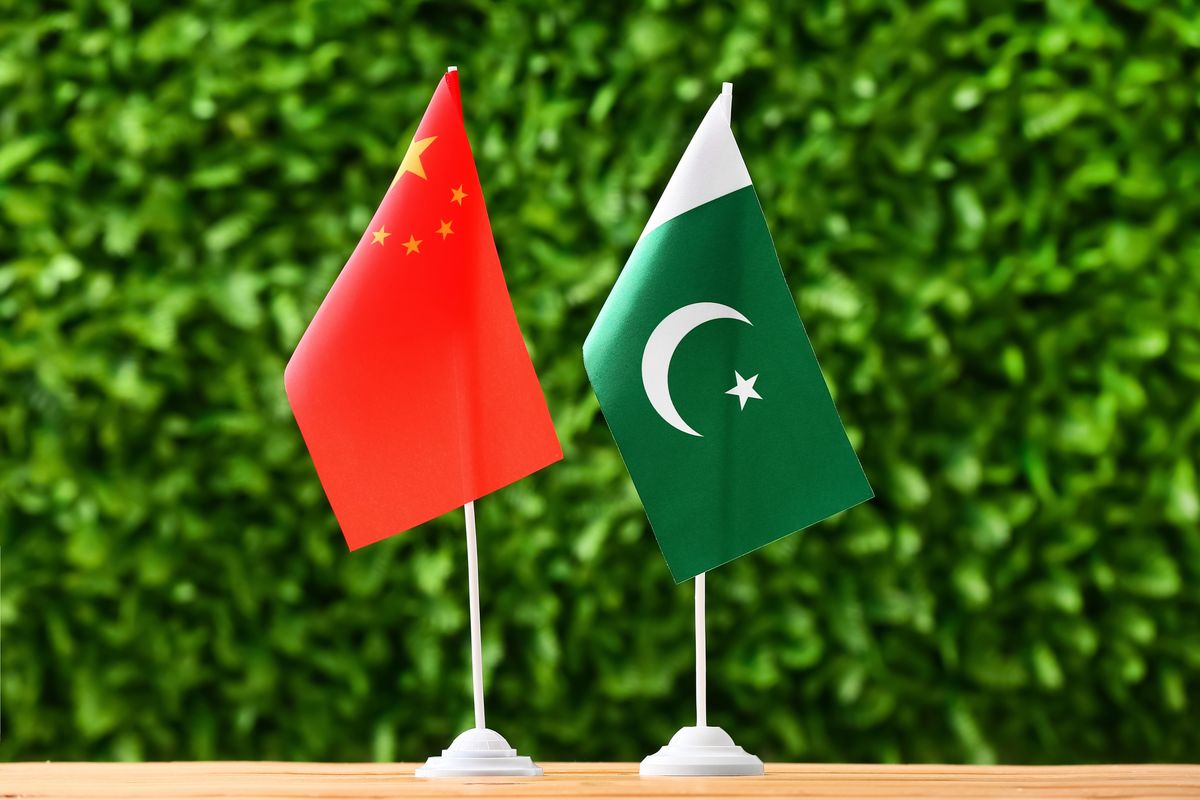Pakistan approaches China to enhance currency swap by $1.4 billion
Recent tensions with India to further strain economic ties between the two nations: Finance Minister
Business Desk
The Business Desk tracks economic trends, market movements, and business developments, offering analysis of both local and global financial news.

Pakistan has requested China to increase its existing currency swap line by 10 billion yuan ($1.4 billion), Finance Minister Muhammad Aurangzeb said Saturday, as the country prepares to issue its first yuan-denominated Panda bond later this year.
Speaking to Reuters on the sidelines of the International Monetary Fund and World Bank spring meetings in Washington, Aurangzeb said Pakistan currently has a 30 billion yuan swap line with China and hopes to expand it to 40 billion yuan.
"From our perspective, getting to 40 billion renminbi would be a good place to move towards ... we just put in that request," he said.
China’s central bank has expanded currency swap agreements with several emerging economies, including Argentina and Sri Lanka, to strengthen financial cooperation and reduce reliance on the U.S. dollar.
Aurangzeb also said Pakistan is making progress on its planned Panda bond issuance, which would allow it to raise funds in China’s domestic bond market. Talks with the Asian Infrastructure Investment Bank and the Asian Development Bank — which are expected to provide credit enhancements for the bond — have been "constructive," he said.
"We want to diversify our lending base, and we have made some good progress around that," Aurangzeb said. "We are hoping that during this calendar year we can do an initial print."
IMF Bailout and Economic Outlook
Aurangzeb said he expects the IMF’s executive board to approve a new $1.3 billion loan under its climate resilience program in early May, along with the first review of Pakistan’s ongoing $7 billion bailout package.
Approval would unlock an additional $1 billion in funding, providing critical support for Pakistan’s economy, which has struggled with high inflation and external debt pressures.
The finance minister projected economic growth of around 3% for the fiscal year ending in June 2025, with an acceleration to 4-5% next year. Pakistan aims to reach 6% growth in the coming years.
Tensions With India Weigh on Trade
Aurangzeb acknowledged that recent tensions with India following a deadly attack in Kashmir would further strain economic ties between the two nations.
The March attack, which killed 26 people, prompted India and Pakistan to impose retaliatory measures, including airspace restrictions and trade suspensions. India also halted the 1960 Indus Waters Treaty, which governs water-sharing from the Indus River.
Bilateral trade, already weakened by past disputes, fell to just $1.2 billion last year.
China rolls over $2 billion loan to Pakistan
 China rolls over $2 billion loan to PakistanRadio Pakistan
China rolls over $2 billion loan to PakistanRadio Pakistan









Comments
See what people are discussing